John Mitchell, partner at law firm Blake Morgan, looks at the legal issues around enriching flour with insect protein
Research by an Italian university has recently revealed the possibility of leavening bread with insect powder, with researchers discovering that bread containing 10% cricket powder had enhanced protein and amino acid content.
But legal use of insects in food is complex, and the problem for anyone wishing to use insects or insect-derived products is its status as a ‘novel food’. Novel foods are classified by the EU as “food that was not used for human consumption to a significant degree within the Union before 15 May 1997”.
Under the original regulation of 1997, ambiguity existed over whether whole insects and their parts were classified as a ‘novel food’. This led to EU countries adopting differing policies, with the UK defining substances isolated from insects, such as proteins and lipids, as ‘novel foods’. Whole insects and their parts could be lawfully marketed.
However, legislation updated in 2015 considers whole insects and their preparations as a ‘novel food’, meaning in the UK insects must now be authorised by the EC to be lawfully marketed within the EU. There is a period of grace until 2 January 2020 for the sale of insects which were previously lawfully on the market, but only once an application for approval as a novel or traditional food has been lodged. The deadline for applications to take advantage of the grace period is 1 January 2019.
Beyond authorisation there are other hurdles to consider, such as the claim that insects and insect powder is an alternative source of protein. EU regulations stipulate a product “must not differ in a way that the consumption of the novel food would be nutritionally disadvantageous for the consumer”. As research shows some insects contain higher levels of polyunsaturated fatty acids and minerals than traditional meats, this should be easily overcome.
More challenging are the potential health risks.
The Italian researchers noted dormant bacteria spores in the insect-leavened bread. The European Food Safety Authority, however, concluded, “when non-processed insects are fed with permitted feed materials, the potential occurrence of microbiological hazards is expected to be similar to that associated with other non-processed sources of protein”.
It is unclear if insect powder, such as the cricket powder in the researcher’s baking, would classify as a processed insect. Research into insect use continues, and until then, insect-leavened bread is a long way off becoming a breakfast staple.
















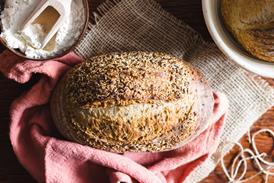

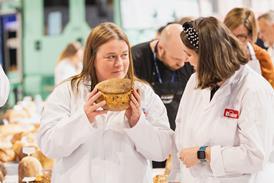

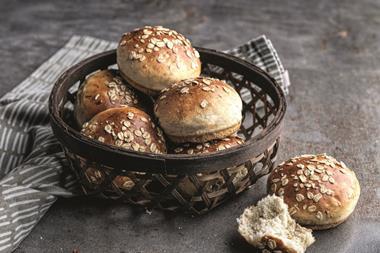
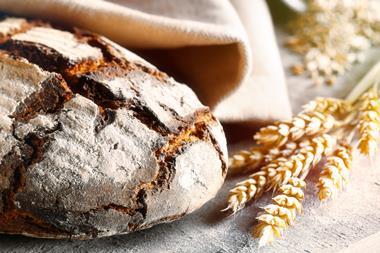

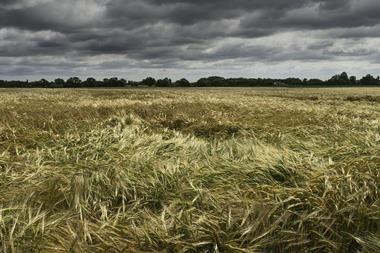
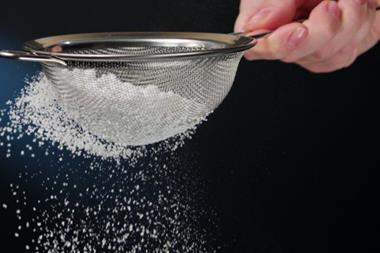

No comments yet